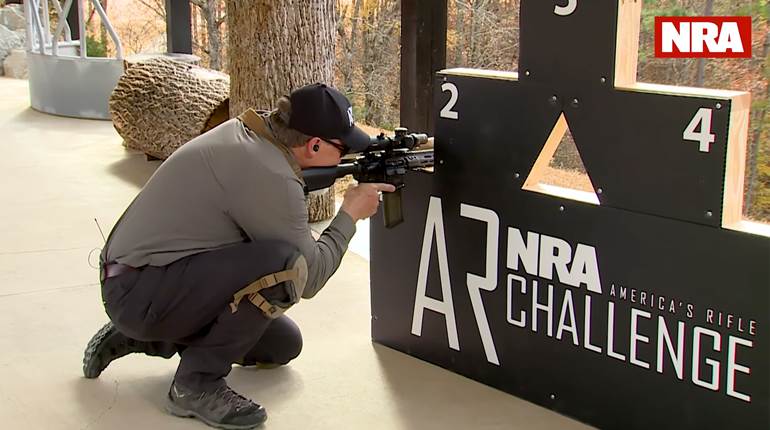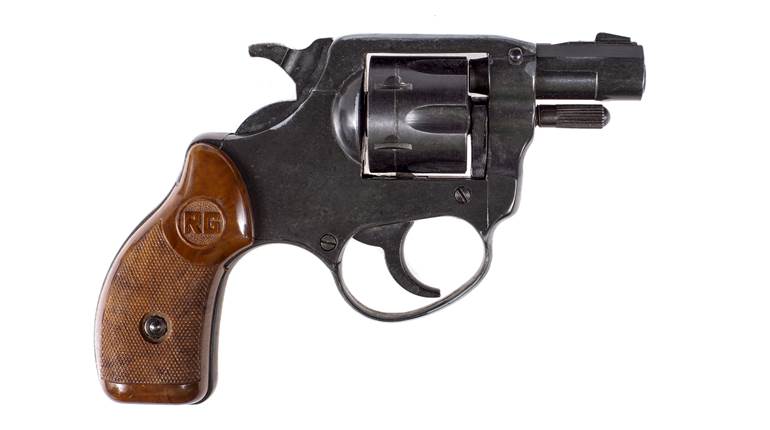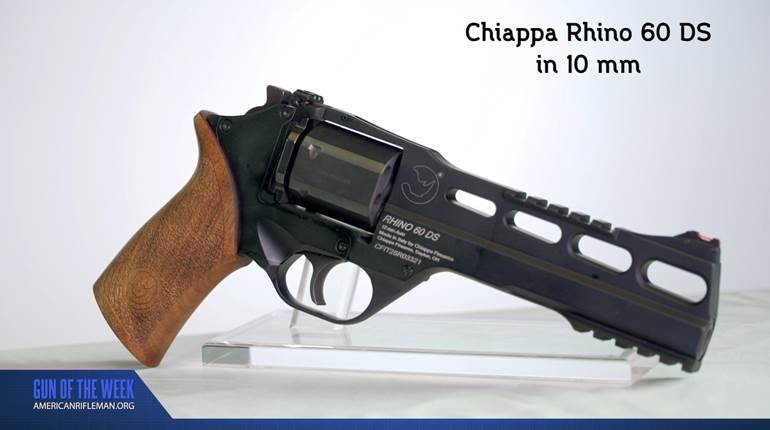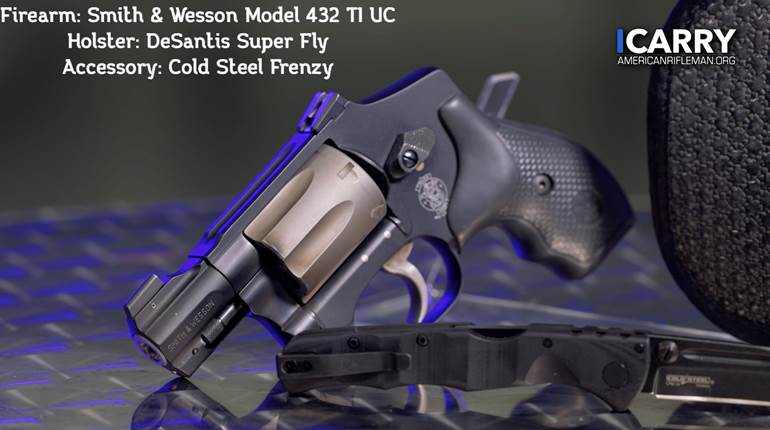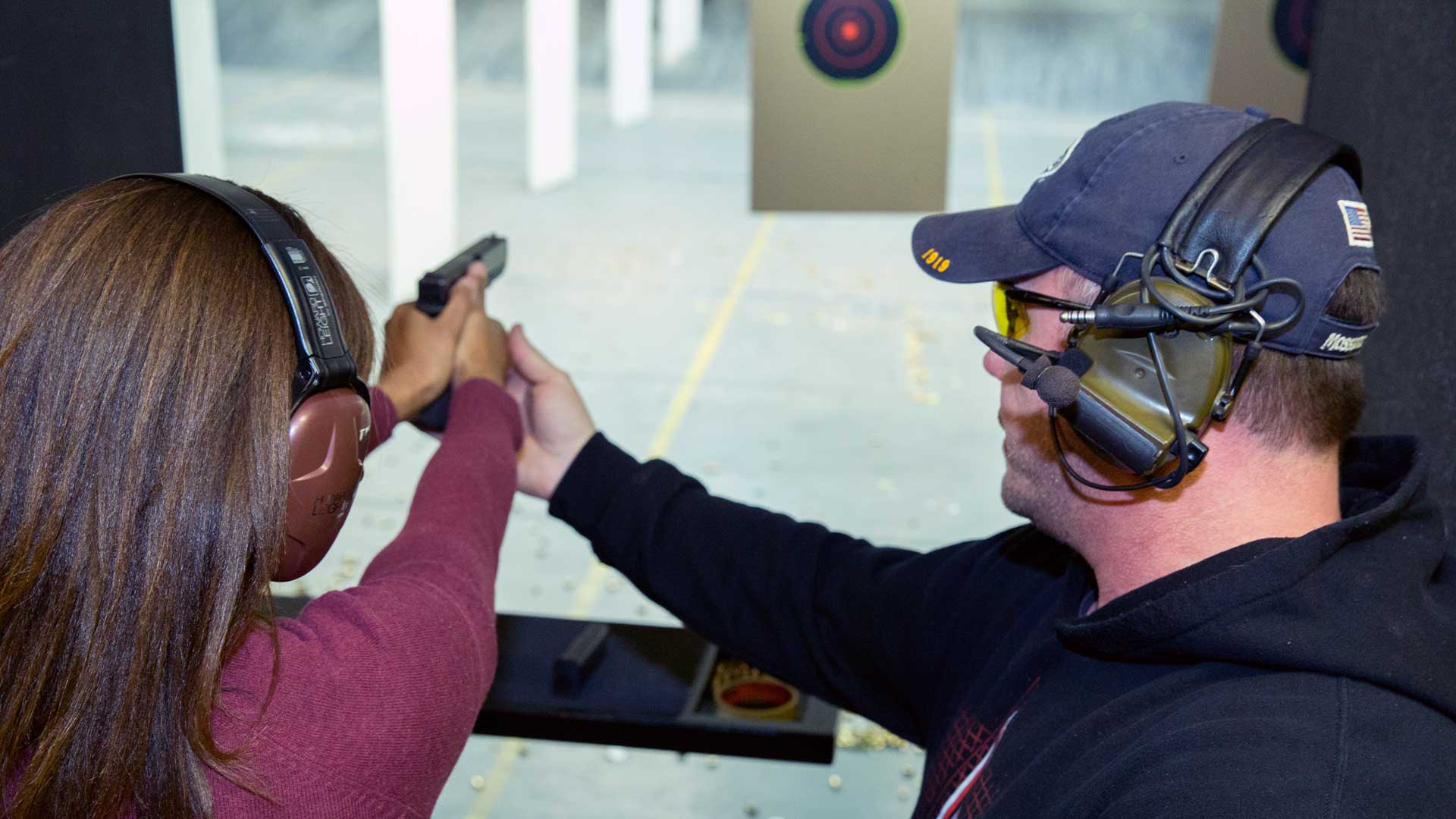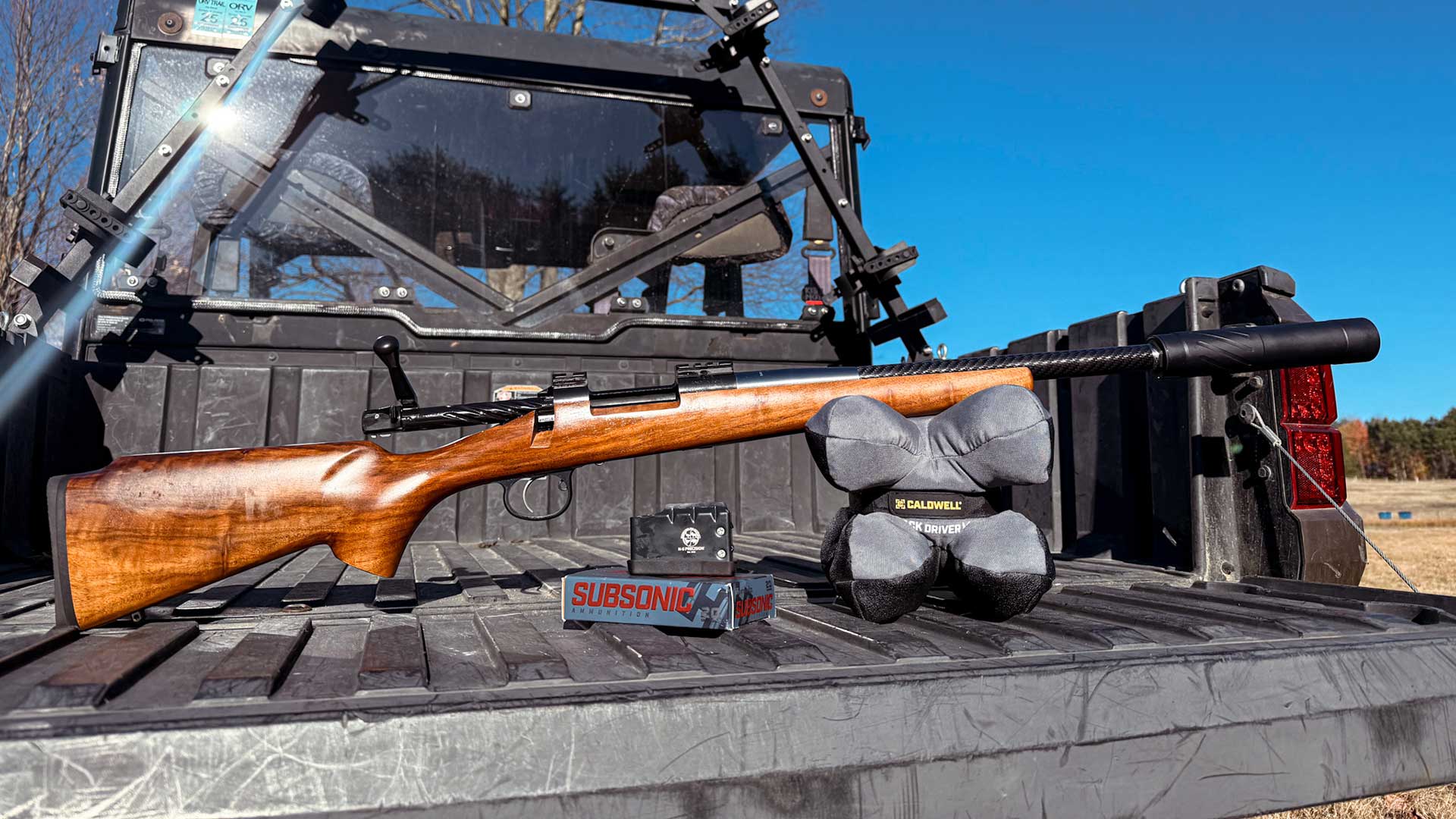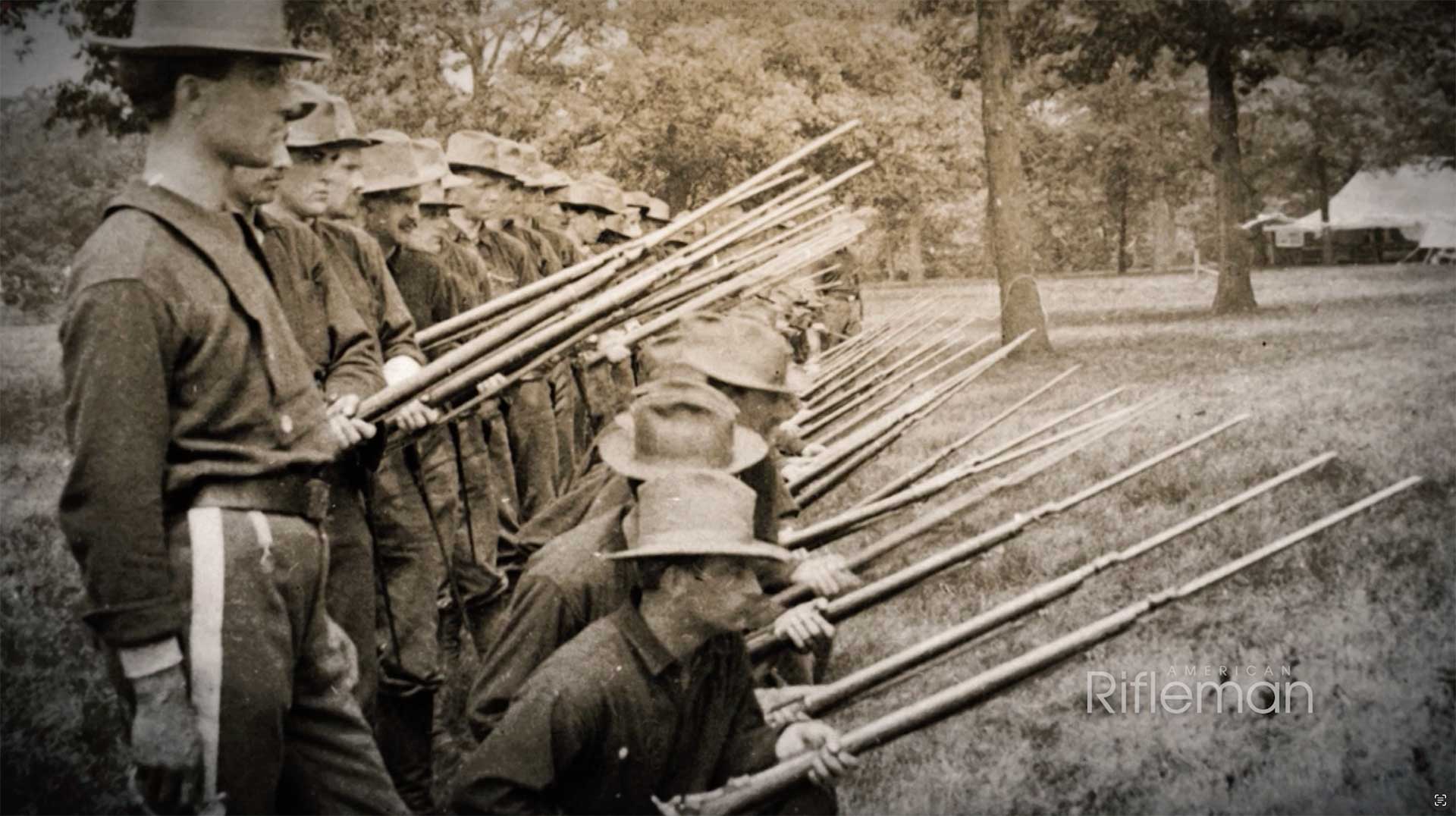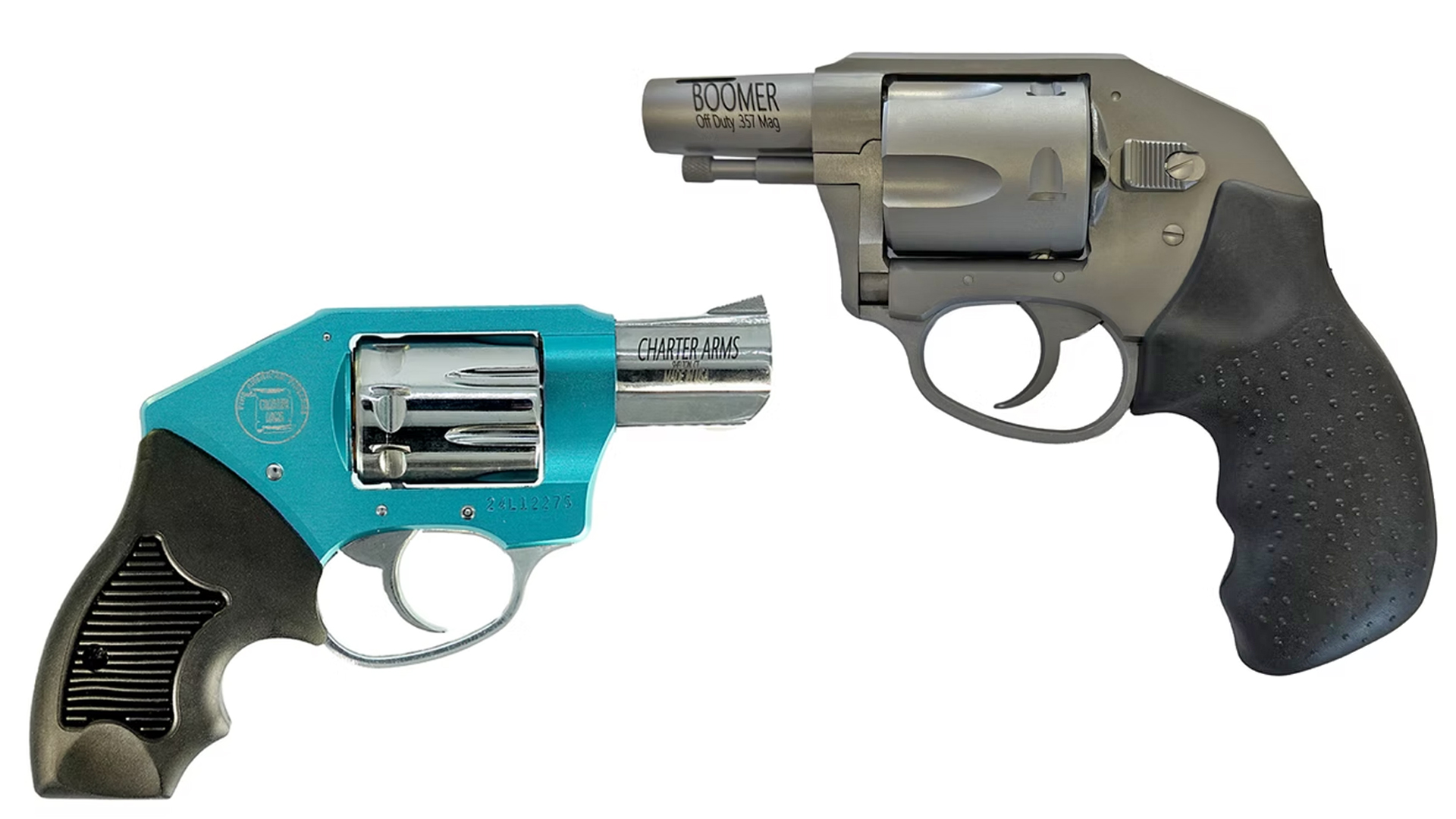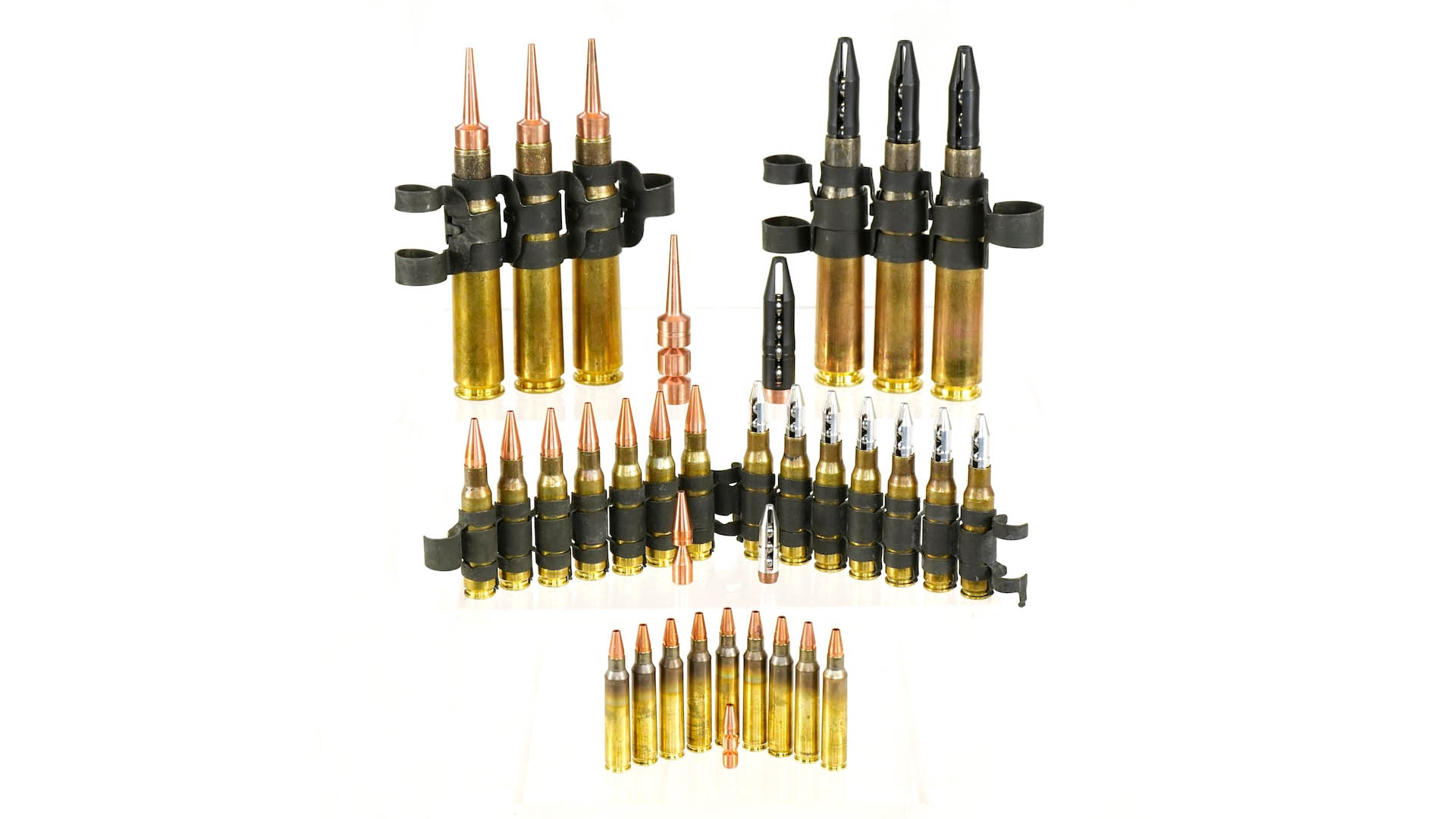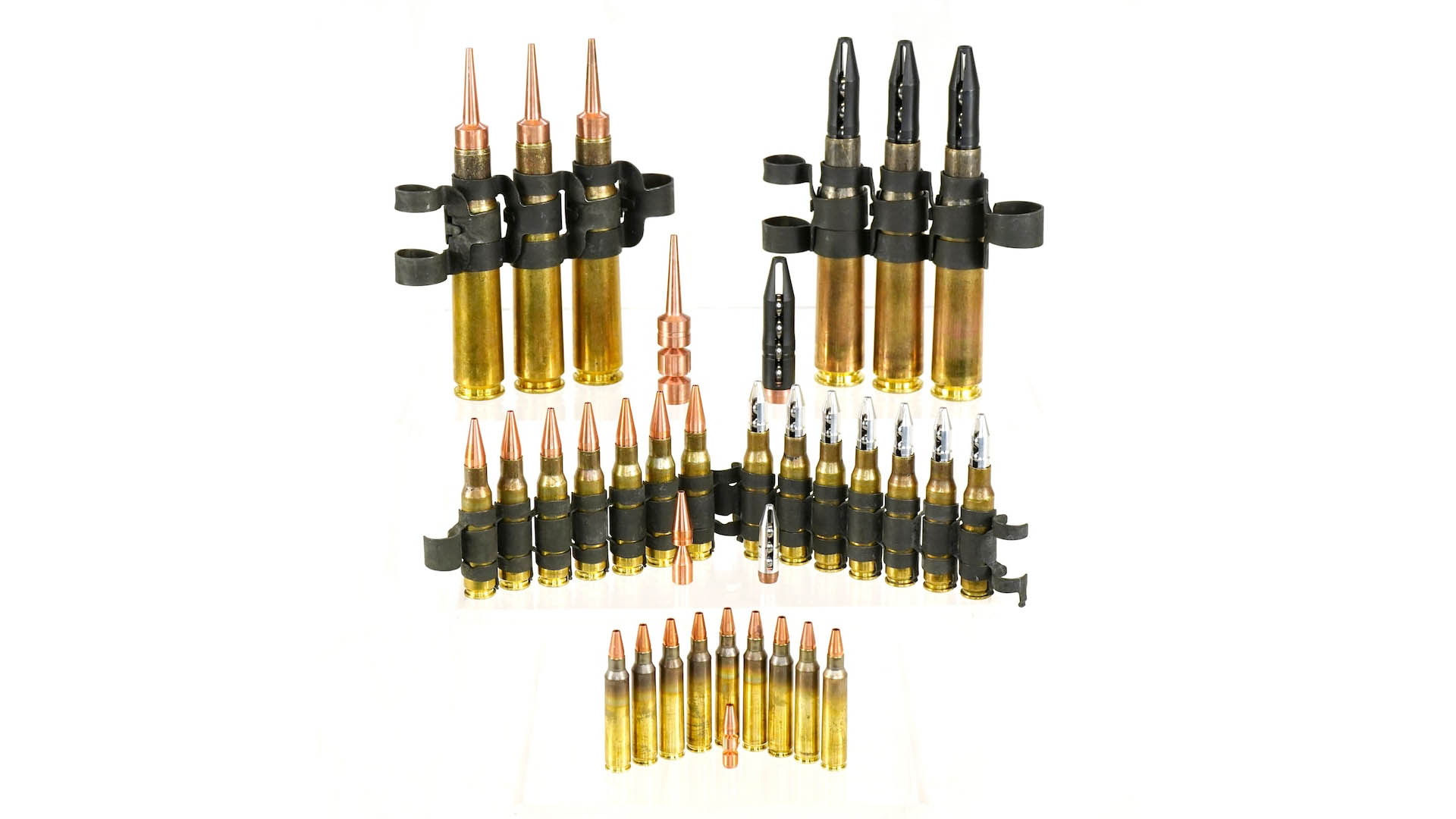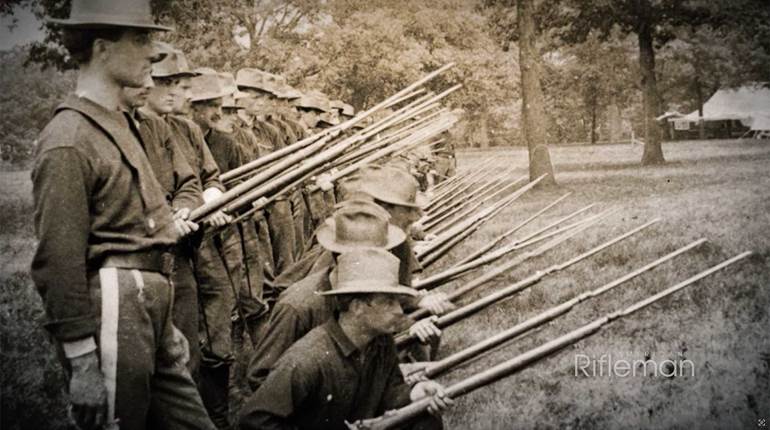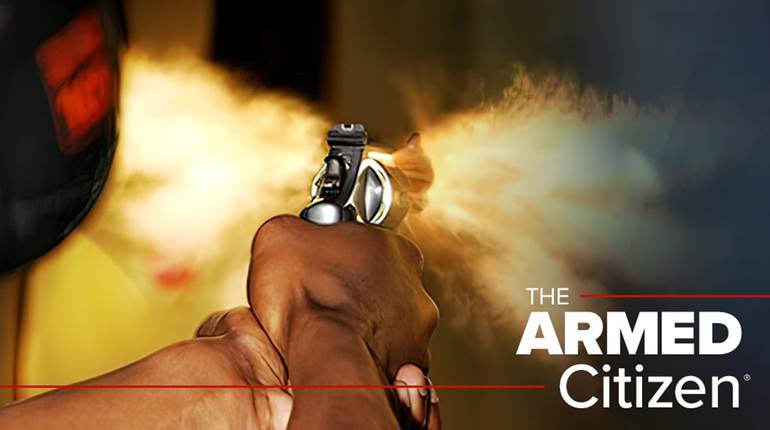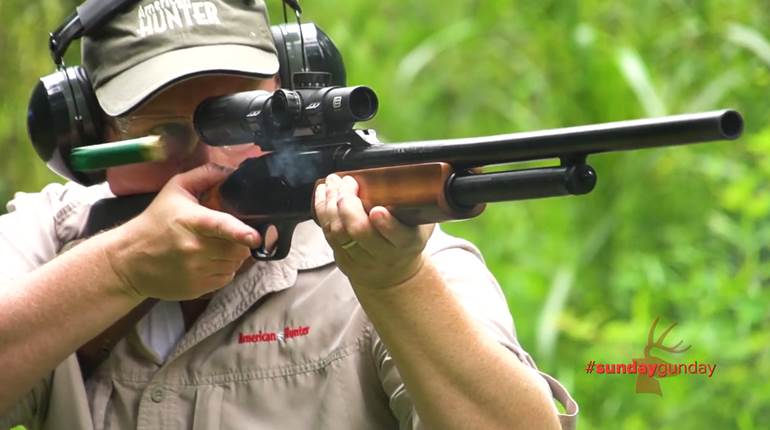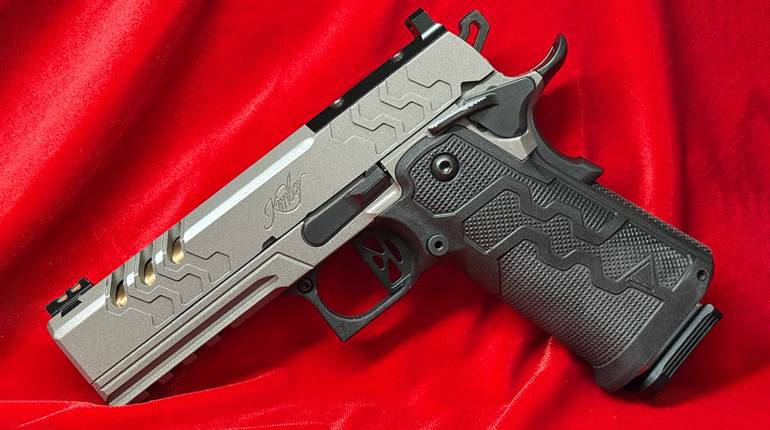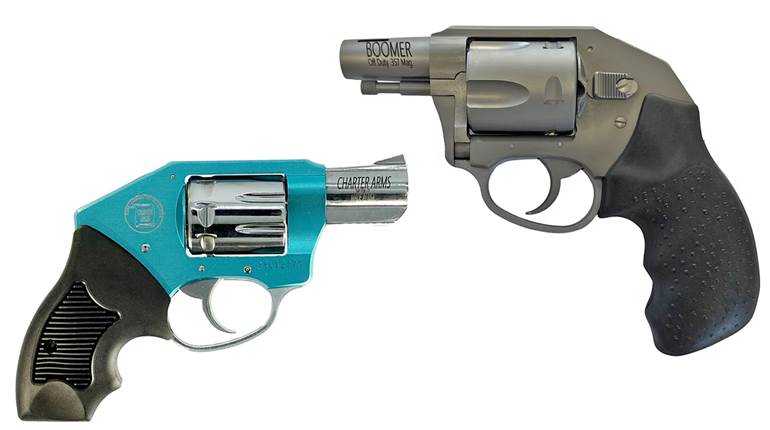Shortly after the beginning of World War II, after decades of manufacture, Colt stopped production of its Single Action Army. But Bill Ruger soon recognized the rising prices of the old Colt SAAs meant there was still a strong interest in the iconic firearm, and decided he could produce his own single-action revolver to meet an increasing demand.

The Single-Six resembled the Colt SAA, but its outward appearance was where similarities ended. Ruger had blended the past with modern technology to produce a precision-cast cylinder frame of chrome-moly steel and a one-piece aluminum grip frame, to which the market flocked.

With television appearing in the majority of homes throughout the country by the early 1950s, a new genre of television program, the Western, was catching fire on the airwaves. This phenomenon also transferred to the Silver Screen. We had the rise of John Wayne, Harry Carey Jr., Ben Johnson, the classic actors for all those John Ford Westerns that came out in the late '40s and early '50s.

William B. Ruger thought that a resurgence of interest in the Old West might lead to the public having an interest in an inexpensive, small-caliber firearm that look like the Old West gun. So in 1953, he introduced the Ruger Single-Six.
"The Ruger Single-Six came along at just the right time," said Mark Keefe, editor-in-chief of American Rifleman. "It was the heyday of the cowboy TV show, right at a time when Colt was not interested in making single-action revolvers anymore. Bill Ruger, a good capitalist, certainly was, and the idea of doing the .22-caliber [revolver] first was brilliant. Twenty-two ammunition is affordable, it's commonly available, and it's fun to shoot. That was a characteristic of the early Ruger guns. They had to have wide appeal, but they also had to be fun to shoot."

The Ruger Single-Six was the first gun designed by Bill Ruger that made significant use of investment casting. The frame itself was an investment casting, which started Ruger on the path of producing commercial firearms using this technique. In this way, the company was able to reduce costs while also making complicated shapes capable of handling the pressures and the stresses of their of their function. At the same time, the guns were attractive and well-finished, as well as being easy to manufacture.

When it first came to market in 1953, the Ruger Single-Six retailed for $57. Today, it continues to sell, but at prices in the $500-600 range. Beyond the initial iron-sighted, .22-cal. offering, the line only grew in popularity after the addition of variants outfitted with extra features, like adjustable sights. A convertible model was also available, enabling owners to swap out cylinders between .22 Long Rifle and .22 Magnum options.
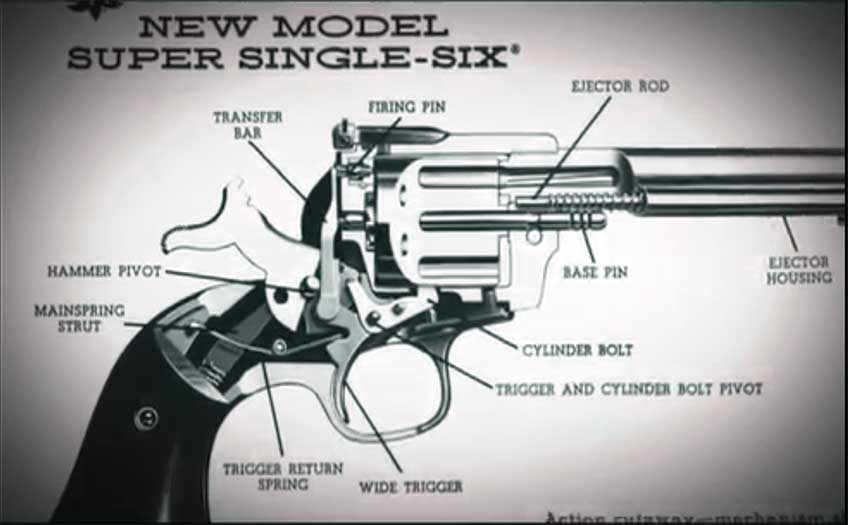
"Since 1953, there have been a variety of Single-Sixes to collect," said Philip Schreier, senior curator of NRA Museums. "There's been a lightweight version, there are engraved version, stainless versions, blued versions, aluminum-frame versions. Really, the big collector interest is the versions made between 1953 to 1973."

In 1973, Ruger introduced the transfer-bar safety and also offered to have all previous Ruger Single-Sixes returned with no charge to have this transfer-bar safety added to the gun. The transfer-bar safety is a feature found on all of Ruger's current-production revolvers, and many took advantage of the upgrade offer in 1973, making unconverted guns a rarity.
"Bill Ruger captured the spirit of the American market," firearm historian Michael Parker said. "After watching "Gunsmoke" on TV, everyone wanted a single-action revolver. So what did the geniuses at Colt do? They discontinued it! That gave Bill Ruger all the opening he needed."

